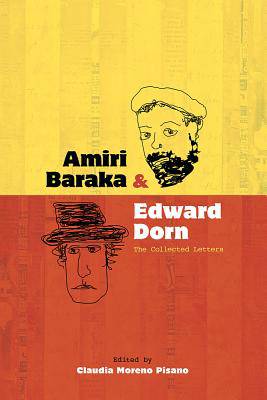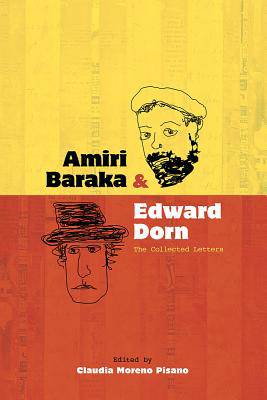
- Retrait gratuit dans votre magasin Club
- 7.000.000 titres dans notre catalogue
- Payer en toute sécurité
- Toujours un magasin près de chez vous
- Retrait gratuit dans votre magasin Club
- 7.000.0000 titres dans notre catalogue
- Payer en toute sécurité
- Toujours un magasin près de chez vous
Amiri Baraka and Edward Dorn
The Collected Letters
Livre relié
72,95 €
+ 145 points
Format
Description
From the end of the 1950s through the middle of the 1960s, Amiri Baraka (b. 1934) and Edward Dorn (1929–99), two self-consciously avant-garde poets, fostered an intense friendship primarily through correspondence. Their letters offer a vivid picture of American lives connecting around poetry during a tumultuous time of change and immense creativity.
Spécifications
Parties prenantes
- Editeur:
Contenu
- Nombre de pages :
- 312
Caractéristiques
- EAN:
- 9780826353917
- Date de parution :
- 30-11-13
- Format:
- Livre relié
- Dimensions :
- 243 mm x 168 mm
- Poids :
- 546 g

Les avis
Nous publions uniquement les avis qui respectent les conditions requises. Consultez nos conditions pour les avis.





